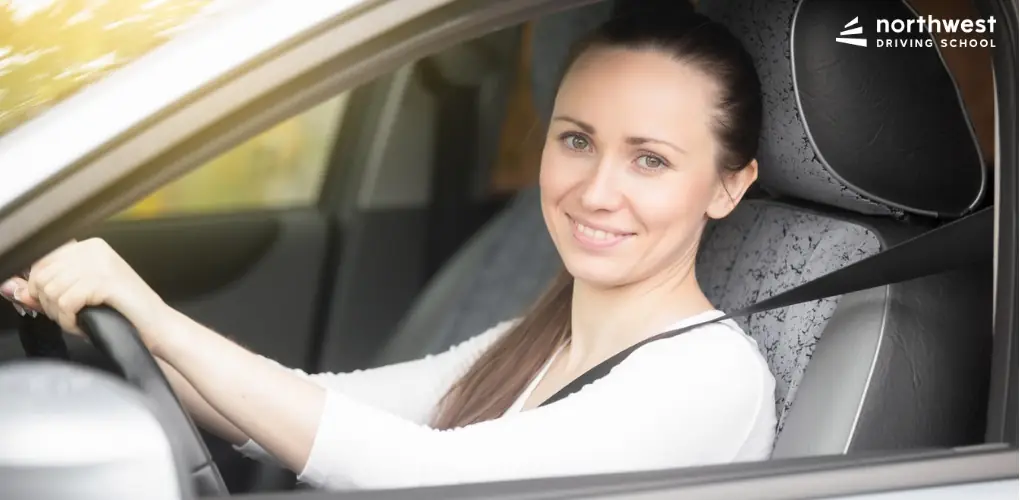- Driving School
Top Tips for New Drivers to Keep Safe on the Road

Driving is a significant milestone in life. However, with great excitement comes great responsibility. For a new driver, ensuring safety on the road should be a top priority for oneself and others. Here are some essential tips to help you drive safely and confidently.
Table of Contents
Get the Basics
Learn to operate the steering, braking, acceleration, signaling, and checking mirrors before driving. Mastering driving skills is the initial step to becoming a confident driver. A professional driving course can greatly accelerate your progress, but the most important factor is the time you spend practicing behind the wheel.
Buckle up
Always remember to wear your seatbelt. It’s the easiest thing to do but provides the best accident protection. Get into the habit of putting on your seatbelt every time you get into a vehicle, and make sure everyone else does the same.
Observe Traffic Signals and Rules
Traffic rules and signs are set to maintain safety for all drivers, cyclists, and pedestrians. As a new driver, observing the rules on the road is essential. Failing to observe speed limits, stopping for red lights, giving way where necessary, and all other road signs can lead to accidents and severe penalties, whereas doing these things while driving will make everyone safer, including you!
Stay Focused
Distracted driving is one of the major causes of most road accidents. As a new driver, trying to keep distractions to a minimum is essential. Do not use your phone, eat, or do activities that make your attention drift off the road. If you must make a call or send a message, pull over safely before doing so. This may seem obvious, but given that most accidents are caused by distracted driving, it is clear that many experienced drivers do not follow this rule to their detriment.
Ensure Cars Can Stop Safely.
Following this tip will make you leave a safe distance between your car and the vehicle in front, allowing an adequate time gap to react in case of a sudden stop. The “three-second rule“ is an excellent yardstick to use. You should pick out an object down the road, and as the vehicle ahead passes, there ought to be a gap of at least three seconds behind it before you pass the same object.
Be Conscious of the Environment Around You
Continuously scan the roadway environmental areas all around your vehicle. Look into the mirrors frequently, observe your blind spots, and pay attention to pedestrians, bicyclists, and other vehicles. Scan the surroundings to predict correctly and anticipate possible hazards.
Read More: Top Driving Safety Tips New Drivers Must Remember
Do not Drive Aggressively.
It probably involves all the risky driving behaviors, such as speeding, tailgating, or weaving through traffic. Stay calm and patient while on the road, even if other drivers are not. Remember, arriving safely is more important than arriving quickly.
Do Not Drive Under the Influence
Drinking while taking other drugs or alcoholic beverages is dangerous and against the law. It impairs your judgments, reaction time, and the ability to get into more accidents. Always plan a safe and sober ride home before going out and drinking.
Limit Night Driving
As a beginner, night driving is tricky because of poor visibility and glare from oncoming vehicles. Avoid driving at night until you have developed proficiency during the day, and spend time practicing driving at night with an experienced driver before doing so on your own. At resale, ensure that the headlights are correctly working and that the vehicle drives at a safe speed.
Drive with Confidence and Peace of Mind
Don’t miss out on the opportunity to learn from the best at Northwest Driving School! Our expert instructors, comprehensive courses, and flexible scheduling make us the perfect choice for new drivers and those looking for driving classes in Las Vegas.




